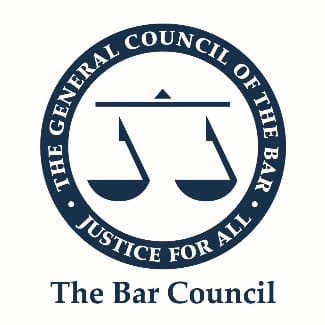Cazalet v Abu-Zalaf [2022] EWFC 119
Judgment date: 17 October 2022
https://caselaw.nationalarchives.gov.uk/ewfc/2022/119
Mostyn J. W’s application for (i) the recission of decree nisi, (ii) the dismissal of the underlying divorce petition and (iii) the set aside of the financial order made subsequent to that. The parties had been the subject of Mostyn J’s judgment of BN v MA [2013] EWHC 4250 (Fam), in which H had sought to hold W to the terms of a pre-nuptial agreement. The parties had reached a settlement of their financial claims in 2014.
Separation happened in August 2013 and W had filed a petition in September for ‘unreasonable behaviour’. H did not defend the cause and the court pronounced decree nisi. At no point had W sought to make the decree absolute.
W claimed that the parties had reconciled at some point later in 2014. The underlying motive in W’s applications was plainly that the pre-nuptial agreement would have entitled W to increasing levels of provision depending on the length of the marriage.
Mostyn J therefore had to interpret both the procedural routes whereby a decree nisi may be set aside and then the factual question as to whether there had indeed been a reconciliation.
As to the former, Mostyn identified the three procedural routes by which a court could set aside a decree nisi: an application for a set aside and rehearing of the case (‘Route A’) (FPR 4.6(1) and s 31F(6) MFPA 1984); an application for recission where there has been a reconciliation (‘Route B’) (FPR 7.28(2)); and an application by a respondent to make a decree absolute, where the court is empowered to refuse to grant the application and rescind the decree (‘Route C’) (s 9 MCA 1973).
Much of the legal debate centred around whether different tests applied to Routes A and C. Mostyn J concluded that they were – or ought to be – the same.
Mostyn J then considered the evidence as to the state of the relationship between the parties during the alleged reconciliation. In doing so, he commented on the perils attendant on placing too much weight on the demeanour of the witness in such cases, a topic which was the subject of Lord Leggatt’s speech to the At A Glance Conference 2022.
Mostyn dismissed W’s applications, determining that the parties had – in 2014 – ‘resumed a toxic, damaging and unhealthy relationship … which cannot be described as a marital reconciliation’.
Mostyn J concluded by issuing a warning to advocates to consider very carefully the circumstances in which they ought to use the FPR PD30A, para 4.6 procedure to make submissions to the judge after judgment about material omissions, suggesting that the omission in question should only be raised if it could be convincingly argued that this could lead to a completely different outcome.





